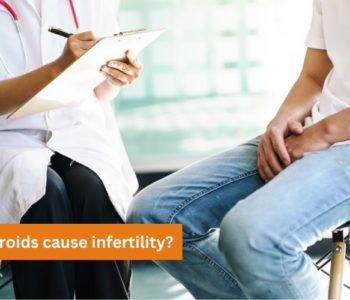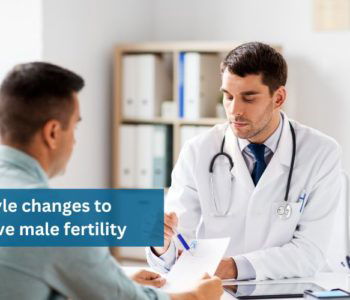Can Vitamin D help stop recurrent miscarriages?
 IVF
IVF
Can Vitamin D help stop recurrent miscarriages?
Surprisingly, Vitamin D deficiency is quite common among Indians despite most parts of the country getting abundant sunlight throughout the year. If the findings of a 2020 study are to be believed, over 76% Indians were suffering from various levels of Vitamin D deficiency.
However, the role of this vitamin is proven to be crucial in conception and full-term pregnancy.
New research has proven that pregnant women are at high risk of recurrent miscarriage.
As a result of this, expecting women and women planning to start a family are invariably prescribed Vitamin D supplements by their healthcare providers to ensure a healthy pregnancy and improve their chances of conception.
While the sunshine vitamin is considered instrumental in maintaining overall health and wellbeing of the mother and the future child through bone building and calcium absorption works, it also lowers the risk of miscarriages among pregnant mothers.
How does it help?
Newer research has established that Vitamin D deficiency as well as insufficiency are associated with miscarriage.
Experts at the University of Birmingham in association with experts at Tommy’s National Centre for Miscarriage Research found that there is a significant association between Vitamin D levels and the risk of miscarriage or recurrent miscarriage. Women deficient in Vitamin D were found to be twice as likely to suffer from a miscarriage, the study revealed.
According to a study by the US National Institute of Health, 10 ng/mL increase in preconception Vitamin D level was associated with a 12% lowered risk of miscarriages in women who became pregnant.
The study showed women who had sufficient preconception Vitamin D concentrations were 10% more likely to become pregnant and 15% more likely to have a live birth, compared to those with insufficient concentrations of the vitamin.
This basically means that women with Vitamin D deficiency have an increased risk of miscarriage when compared to women with proper levels of Vitamin D.
Vitamin D-rich food
- Salmon
- Tuna
- Mackerel
- Sunlight exposure
- Red meat
- Liver
- Egg yolks
- Foods that have been fortified
Women at higher risk of Vitamin D deficiency:
- Have darker skin
- Have a body mass index of above 30
- If they rarely go outside
- Always cover their skin
What is the prescribed Vitamin D dose for pregnant women?
While medical opinion on the matter differs widely, several studies indicate Vitamin D blood levels of 30 ng/mL or higher can improve chances of pregnancy and ensure full-term delivery.
Other researchers define a Vitamin D level of below 30 nanograms per milliliter as insufficient. Some health agencies across the world recommend a maximum of 100 micrograms of Vitamin D per day for any pregnant and breastfeeding woman. The same is true for all adults.
Vitamin D does for miscarriage prevention
Deficient: Below 20 ng/ml
Insufficient: 20-30 ng/ml
Sufficient: At least 30 ng/ml
Optimal: At least 40 ng/ml









